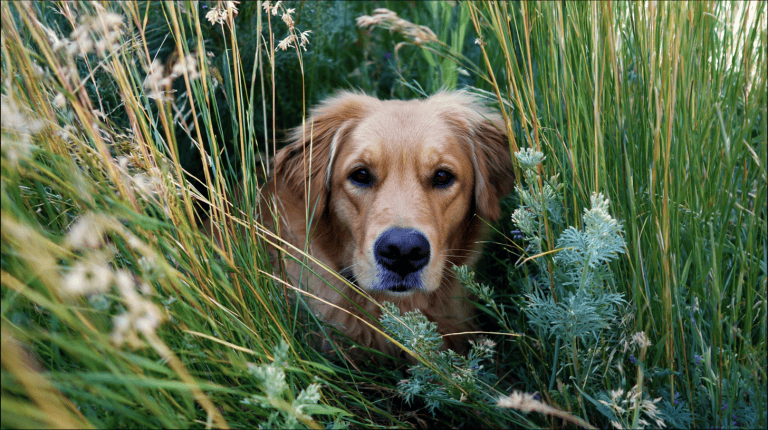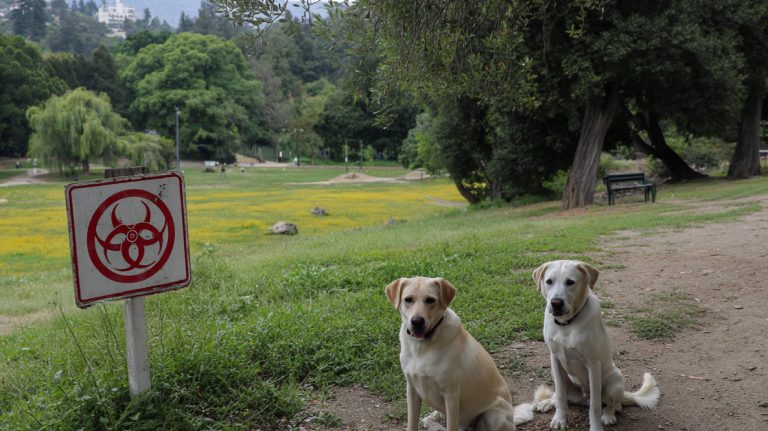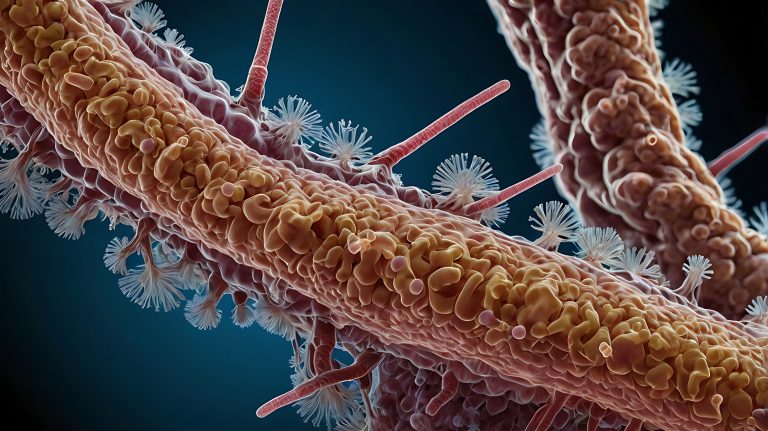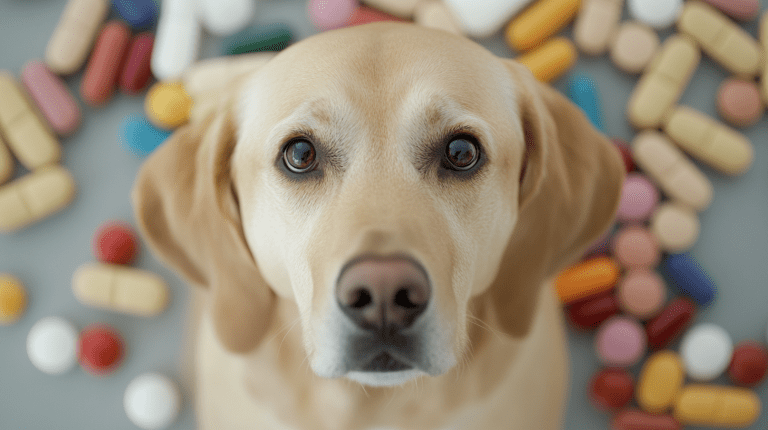By Dr. Shannon Leggieri, DVM, MS of Claremont Veterinary Hospital, Oakland.
While a well balanced kibble is the best maintenance diet for your furry friend, reality is an occasional table scrap may “sneak” into your dog’s daily or weekly routine. So if you are cooking alongside your four-legged companion it’s essential you know the “OKs” and “absolutely nots” of sharing your dinner together. Remember that dogs have completely different enzymes in their digestive system than we do. Certain types of foods and food products which are safe to humans are quite toxic to dogs, even in small amounts. Chocolate, caffeine, grapes and raisins, onions, garlic, macadamia nuts, and xylitol are amongst the most common and most toxic food products to canines.
Most dog owners are aware that chocolate is dangerous to dogs. Both chocolate and caffeine products contain cocoa seeds with metabolites (methylxanthines) which are harmful to dogs. Ingestion of these products leads to vomiting, diarrhea, excessive thirst and urination, irregular heart rate, low blood pressure, seizures and death. The darker the chocolate the more methylxanthines it contains and hence the more dangerous it is. White chocolate is the least toxic and baking chocolate the most toxic. Both the amount (ounces) and type of chocolate determine the toxic effect and are important to communicate with your veterinarian during treatment.
Grapes and raisins are a mysterious canine toxin. The toxic component is still unknown and therefore the toxic dose is largely undetermined. Some dogs live on vineyards and eat grapes everyday without ill effect. Other reports describe large dogs consuming only a few grapes resulting in severe kidney failure. There is no known safe dose, hence immediate veterinary attention and treatment are recommended to avoid potential kidney damage.
Onions and garlic are less widely known kitchen toxins. Both onion and garlic toxicity damage red blood cells resulting in an the cell’s inability to carry oxygen. Anemia and organ damage result in severe cases. Clinical signs of toxicity include vomiting, diarrhea, lethargy, lack of muscle coordination, pale gums, and red or brown urine. Early intervention is important to decrease the risk of organ damage. Some animals may need blood transfusions. Due to high amounts of fat and oil all nuts can cause gastrointestinal upset, however macadamia nuts are particularly toxic. Similar to grapes the toxic substance is unknown. Clinical signs of overdose include vomiting, weakness, hyperthermia and tremors. Signs typically occur within 12 hours of exposure and resolve by 24 hours. Xylitol is an artificial sweetener found most commonly in sugar free gum. In dogs xylitol causes the release of insulin leading to hypoglycemia (low blood sugar) and, potentially, liver damage. Clinical signs include vomiting, lethargy, tremors, seizures or coma. Small amounts are extremely toxic.
If ingestion of any of the above toxins is suspected, early intervention is most important. Decontamination through vomiting or administration of activated charcoal is optimal but only successful early in the toxic process. It is important for your veterinarian to estimate the potential exposure by knowing the amount of toxin ingested (ounces or miligrams); bring wrappers if possible. The ASPCA Animal Poison Control Center (APCC) is an excellent 24 hour resource for any animal poison-related emergency. If you think your pet may have ingested a potentially poisonous substance you can seek a consultation with them (888) 426-4435.
Photo Credit: Ralph Arvesen (CC)










